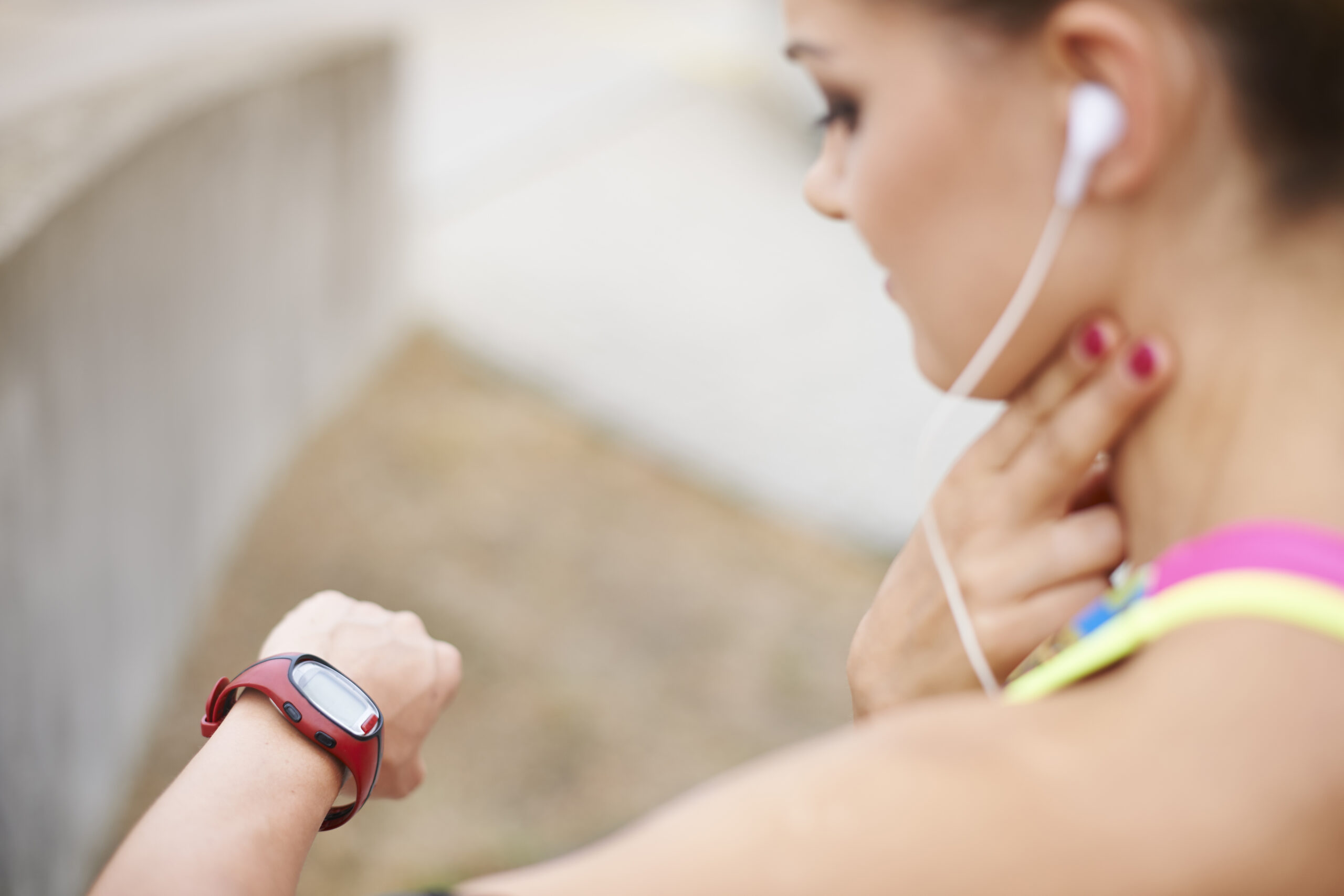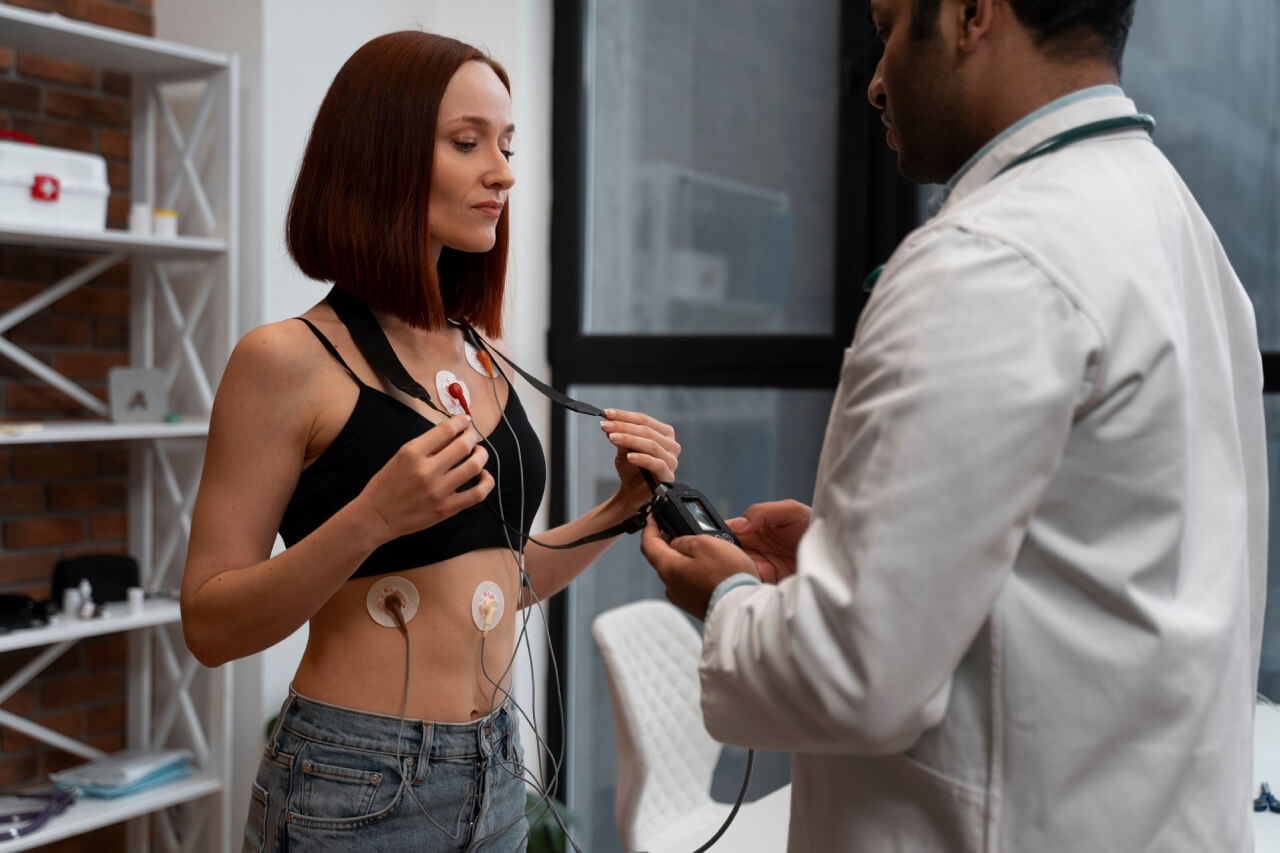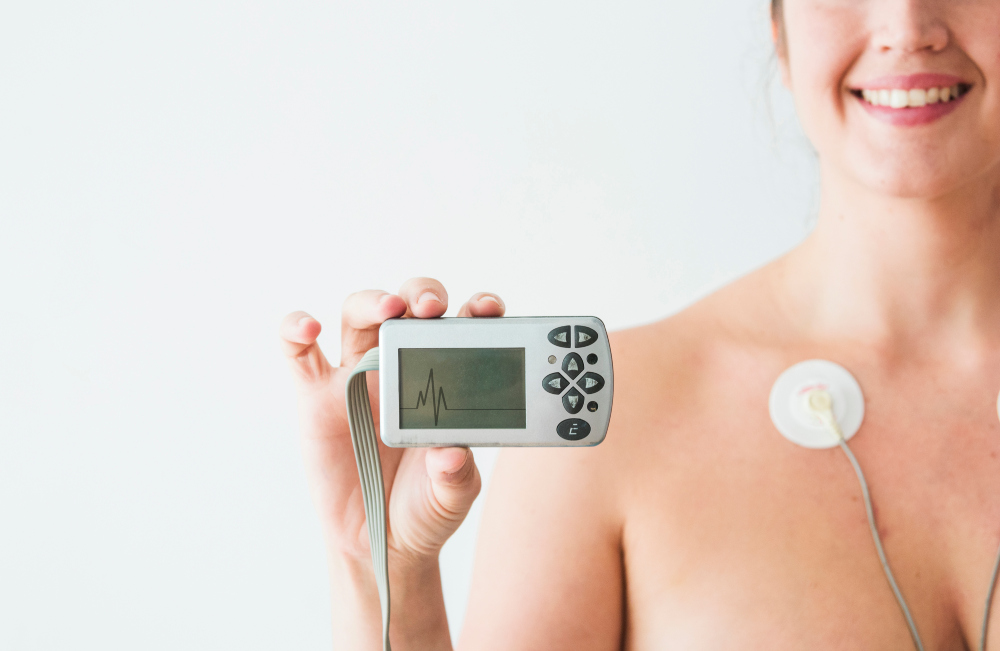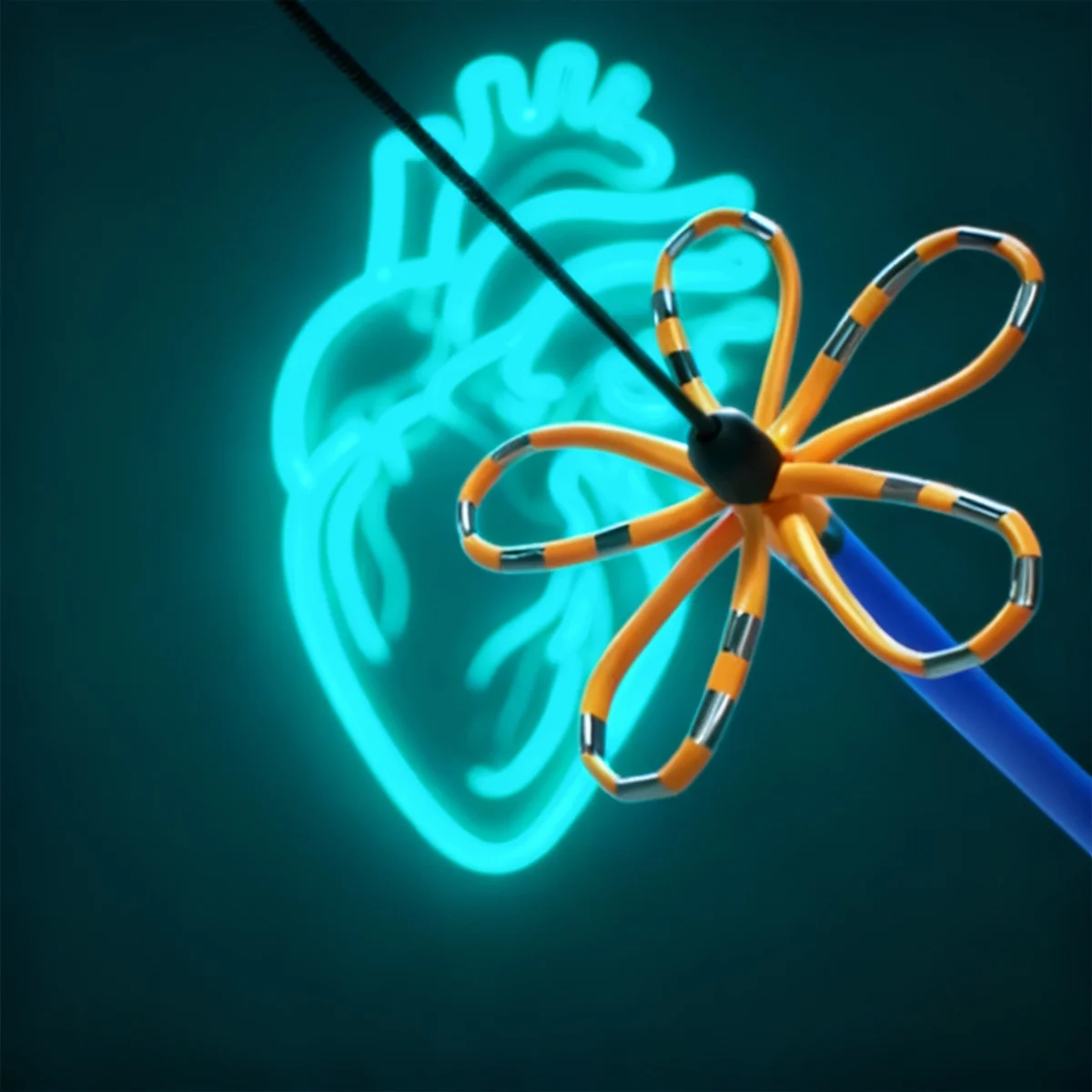The latest watches can measure all kinds of data about our heart health. How useful are they? Dr. Lyne answers
Once upon a time, smartwatches were niche. These days, they’re everywhere. One survey found that more than half of Irish adults use some type of “wearable technology” to measure their physical activity. And that was three years ago.
But of course, we aren’t just using smartwatches for fitness. High-end devices like Apple’s series 10 watch now promise to supply us with a raft of heart-related data too – everything from our heart rate and blood oxygen levels to sleep apnoea and irregular heart rhythm.
How ECG smartwatches help heart patients
Atrial fibrillation (AFib) is a potentially dangerous condition that can cause the heart chambers to stop pumping correctly. It’s surprisingly common: the Irish Heart Foundation says 1 in 4 of us are at risk of developing AFib after the age of 50.
As cardiologists, do we think smartwatches are useful for people with arrhythmias or other heart conditions? Overall, yes. Here are three key reasons why.
They can provide an early warning of atrial fibrillation
The problem is, you wouldn’t necessarily know you had AFib. One recent study found up to 48% of atrial fibrillation sufferers are asymptomatic. In other words, their bodies weren’t alerting them to a problem with their heart rhythm. This is where a smartwatch with an ECG function comes into its own. An electrode sensor underneath the device can pick up signs of abnormal electrical activity in the heart and fire off an alert to the user. Though not as sophisticated as a full-blown “12-lead” ECG, they can still provide high-quality detection. As Apple puts it:
“The ability of the ECG app to accurately classify an ECG recording into AFib and sinus rhythm was tested in a clinical trial of approximately 600 subjects, and demonstrated 99.6% specificity with respect to sinus rhythm classification and 98.3% sensitivity for AFib classification for the classifiable results.”
They record symptoms as they occur
‘Silent’ AFib isn’t the only benefit of an ECG-capable smartwatch, though. They can be particularly helpful for people who are having symptoms, too. Let’s say you started experiencing palpitation – a sense that your heart is fluttering, beating too fast, or skipping beats. You go to a cardiologist. They ask you when the symptoms happen. Like many, you find it hard to say; they just come and go. So, the doctor arranges a Holter monitor test (a portable ECG that records electrical activity for a day or more). When the results arrive, there’s no obvious sign of the abnormal rhythm.
One key advantage of a smartwatch is that it stays with you all the time. So, when you notice a palpitation, perhaps weeks later, you can download and show the time-labelled results to the consultant. The data may not be conclusive on its own, but it may provide a helpful indication of what’s going on before a cardiologist properly diagnoses it.
They provide reassurance about a diagnosis
It’s not always easy to come to terms with a rhythm-related diagnosis. After all, if you’re not getting the classic symptoms of atrial fibrillation, such as shortness of breath or loss of exercise tolerance, you might reasonably ask: do I really have it? Or is it as serious as they’re saying? Perhaps the irregular rhythm has been caught on a monitor at some point, but you feel it simply comes and goes (like those on-off palpitations).
So, do you really need to go for treatment? This is where a smartwatch can provide helpful confirmation. Rather than having a vague sense of the problem, you now see it in black and white. All on your wrist. For some patients, this can be a spur to action – to pursue treatment and to start making lifestyle improvements that will make a big difference.
Are ECG smartwatches for heart patients worth it?
Are there any downsides to ECG smartwatches? Perhaps. One is that people can be tempted to overinterpret the results they receive on their watch. A smartwatch recording that appears to be scarily chaotic sometimes turns out, on investigation, to be no more than poor contact between wrist and electrode. Another, perhaps, is that they could encourage health anxiety when it’s not warranted.
After all, palpitation is very common but rarely a cause for serious medical concern. In the proper context, though, a high-quality ECG smartwatch can undoubtedly be helpful. In certain emergency scenarios, it could be even more valuable still.
More heart health articles you may find helpful
Why we should all be checking our pulses (and how to do it properly)
How do you test for a heart rhythm problem?
How to use digital devices to detect and manage arrhythmias
If you’re concerned about your heart rhythm or atrial fibrillation, we’re here to help. You can get in touch with the team at Heart Rhythm Cardiologist quickly by phone or email, or by booking an appointment online. We’ll be glad to get you the help you need.






